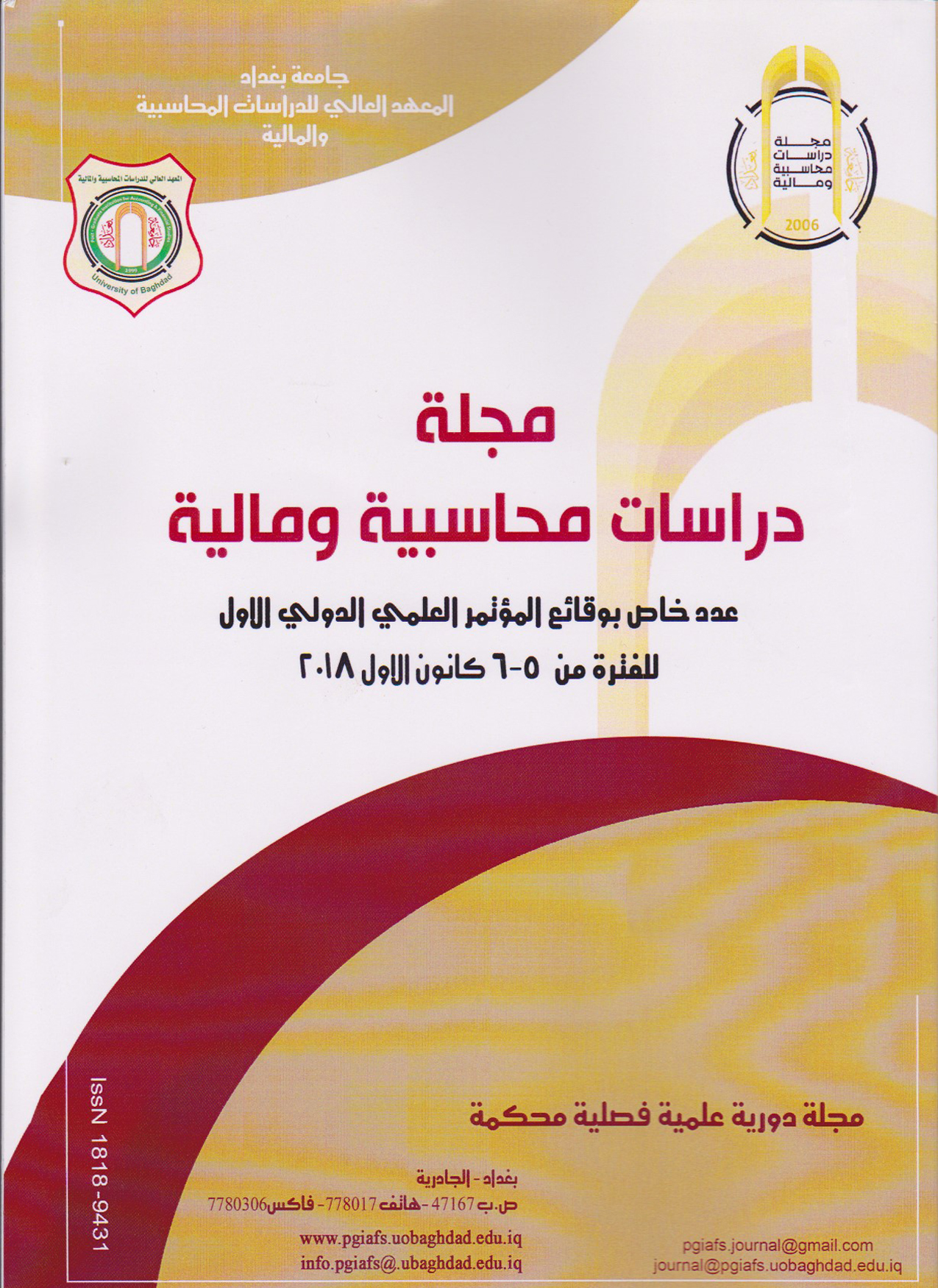تقويم تحقق العدالة الضريبية في ظل طرق واساليب تقدير ضريبة الدخل
دراسة تطبيقية في الهيئة العامة للضرائب
الملخص
تعد العدالة الضريبية من المبادى المهمة والتي يسعى الى تحقيقها اي نظام ضريبي لكونها ركن مهم واساسي من اركان الضريبة لما له من انعكاسات سلبية على عملية التحاسب الضريي من جهة وعلى انخفاض الايرادات الضريبية من جهة اخرى ، ولذلك سعت الدول من خلال انظمتها الضريبية الى استخدام طرق واساليب عديدة في عملية تقدير الدخول الخاضعة للضريبة لتحقيق تلك العدالة اعتمادا على وعي مجتمعاتها فالاسلوب المتبع يختلف من دولة الى اخرى حسب معرفة وفهم مجتمع تلك الدولة للضريبة ودورها في الحياة الاقتصادية والاجتماعية والسياسية ، وفي العراق استخدمت الهيئة العامة للضرائب عدة طرق في تقدير الدخول الخاضعة للضريبة محاولة منها الوصول الى الدخل الحقيقي وبما يتلائم مع وعي المجتمع الضعيف لفهم الضريبة في العراق اذ ركزت على اعتماد طريقة التقدير بموجب الضوابط الصادرة منها في تقدير الدخول الضريبية رغم ما تحمله من سلبيات قد لا يصل من خلالها الى ذلك الدخل وبالتالي عدم تحقيق العدالة الضريبية مع استخدام اساليب اخرى يمكن من خلالها ان تحقق تلك العدالة والتي تعود ايجابا للمكلف بدفعه للضريبة الفعلية دون زيادة من جهة وللسلطة الضريبية من جهة اخرى من خلال استلامها للضريبة المستحقة على المكلف دون نقص الامر الذي يؤدي الى زيادة ايراداتها الضريبية والتي تصب في موازنة الدولة العامة.
التنزيلات
منشور
إصدار
القسم
الرخصة
يتمّ نقلُ حقوق النّشر إلى المجلّة عند إخطار الباحث بقَبول بحثه المقدّم للنّشر في المجلّة.





